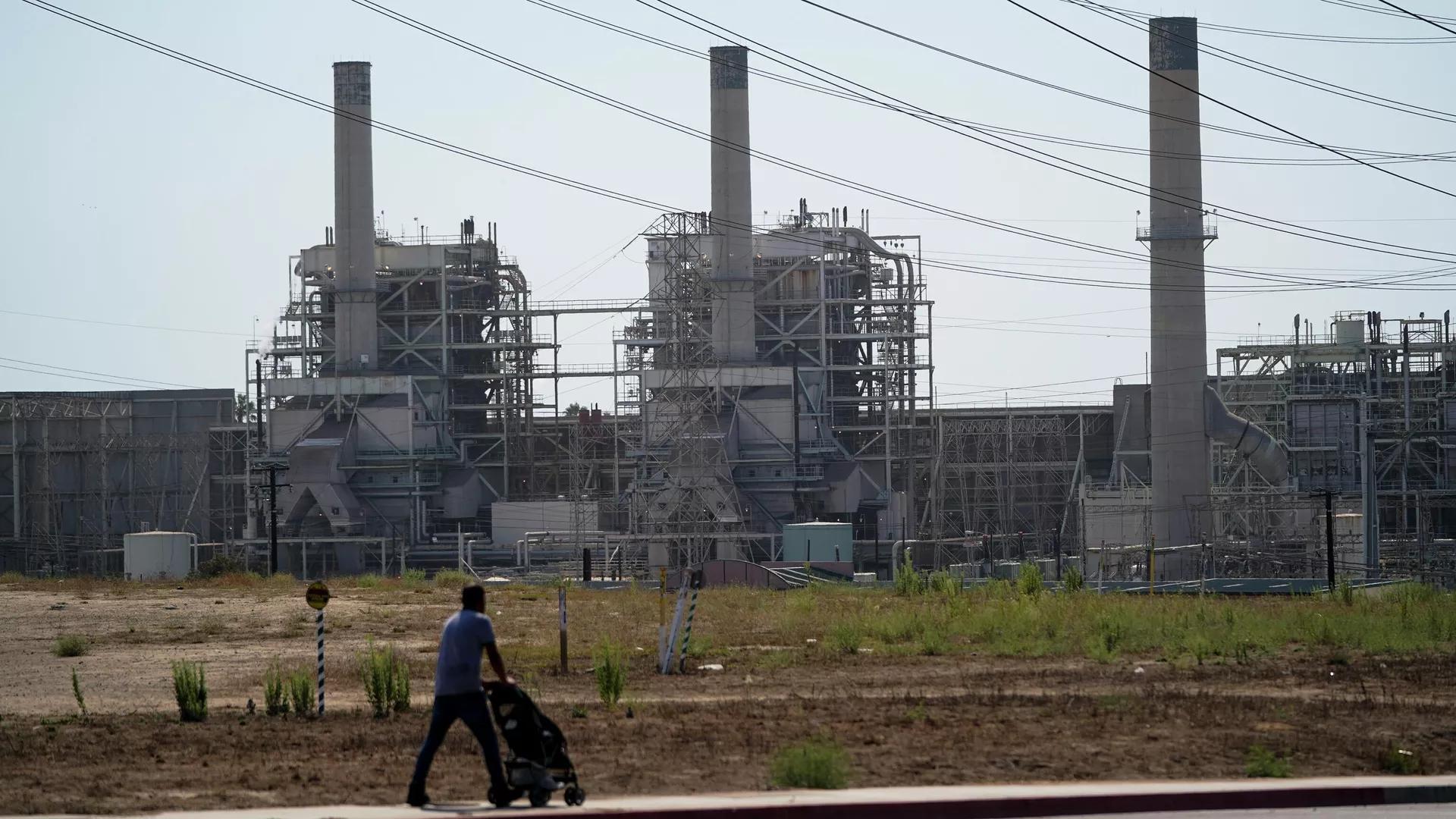Africa-Press – Rwanda. Hundreds of millions of Africans still lack access to electricity despite the continent’s vast energy resources, according to UN data. Insufficient funding and the and lack of cost-effective technology, including the development of African renewables, are among the main reasons for the continent’s energy poverty.
African leaders plan to “tailor solutions” for energy supplies and defend their position to utilize fossil fuels as necessary for development at the upcoming COP27 summit, Reuters reported, citing the African Union (AU) Commissioner for Infrastructure and Energy Amani Abou-Zeid.
The commisioner noted that using fossil fuels is, indeed vital, for some African countries. However, she noted that although some countries in the continent may turn to use fossil fuels at the moment, “it’s not one solution fits all.” She indicated that nuclear power and renewable energy sources also play important roles in Africa.
Echoing these sentiments, Uganda energy minister Ruth Nankabirwa Ssentamu asserted that Africa intends to use its natural resources, while secretary general of the African Petroleum Producers’ Organisation Omar Farouk Ibrahim argued that “there is no way” the economy and society can be developed without energy, therefore local coal, oil and gas won’t be discriminated against, according to Reuters. Kenya’s Ruto Believes Climate Change Hits Africa the Hardest
At the same time, Kenyan President William Ruto, in his column for The Guardian, said that his goal was to reach 100% clean energy by 2030, and called on the other leaders of the continent to join Kenya.
The Kenyan president argued that Africa has huge potential for renewable energy, which can provide for the development of the continent. For instance, Kenya’s “electricity supply is already 92% renewable, with 74% of our overall energy use powered by clean energy.”
Ruto pointed out that he sees tackling climate change as a high priority task, because the climate crises doesn’t leave any “facet of society untouched.”
Underlying that the climate crises and unprecedented drought caused by it deteriorate life of millions of people from the Horn of Africa, making them starve, suffer from armed conflicts and migrate, the president insisted on the urgency in tackling the climate issue.
“Despite this, the continent has the opportunity to lead the world and show that we do not need to destroy the climate to prosper,” he claimed.
Ruto noted that at the COP27, which is to be held this November, African countries will demand finance and technology needed to cope with climate impacts and he personally is for taking “on-the-ground action that benefits every African”.
Let Africans Use Their Own Resources On Monday, at the “Reuters Impact” conference, Sudanese-British billionaire Mo Ibrahim stressed that Africans are in dire need of electricity, while the West attempts to prevent the continent from developing its own energy sector by stopping financing development of fossil fuel-related projects.
Ibrahim indicated that Africa actually has a lot of resources, including fossil fuels, renewables and even minerals that are needed for green technology, calling for the Global North to invest in African energy sources. However, he warned that “contracts should be transparent and clean.”
He further referred to the UN data, noting that 600 million African people still have no electricity and that without power, “you don’t live, you’re not a human being.”
Meanwhile, in accordance with the research made for the IFC in 2020, Africa’s wind resources are enough to meet its electricity demand 250 times over. However, the huge wind energy potential is barely developed.
The Global Wind Energy Council stated in 2021 that Africa is currently using just 0.01% of the 59,000 gigawatts (GW) that the IFC estimated to be available on the continent.
Moreover, as the International Renewable Energy Agency said in a report from April this year that Africa currently accounts for a total of 56 GW of renewable energy produced, which is estimated to be around 2% of the global amount. But still, with a growth of 2.1 GW (+3.9%), less than in 2020, Africa continues to grow steadily.
Both Ibrahim and Zubairu insisted on the need for African countries to use their own gas reserves to develop the economy and save its people out of poverty.
According to a communique released after a Cairo-based forum for finance, economy and environment held by the UN in early September, African ministers stated that the continent, which suffers the most and bears the least responsibility for the climate change, ended up getting less than 5.5% of global climate financing.
The document has called on the Global North to allocate more funds in order to help African countries to “adapt to the impact of climate change” and “develop economically”, while emphasizing the importance of avoiding strategies that imply curbing investments in fossil fuels, as this would put Africa’s development in jeopardy.
And according to the international fellow at the African Energy Chamber, Gawie Kanjemba, who was quoted in the Offshore Technology analysis as saying, Africa does not have to pick between hydrocarbons and renewable energy. Rather, both approaches can be used to maximize development on the continent.
Per the expert, over the following 30 years, the utilization of natural gas resources would result in approximately 10 metric gigaton of carbon dioxide emissions, which would only account for 3.5% of global emissions.
In the most recent Sustainable Africa Scenario from the International Energy Agency (IEA), renewable energy sources like solar, wind, hydropower, and geothermal energy would supply more than 80% of the additional power generation capacity by 2030. According to the IEA, renewable energy sources will dominate the continent’s electricity market in the future, increasing natural gas consumption will also be a key factor in the continent’s industrialization.
For More News And Analysis About Rwanda Follow Africa-Press






